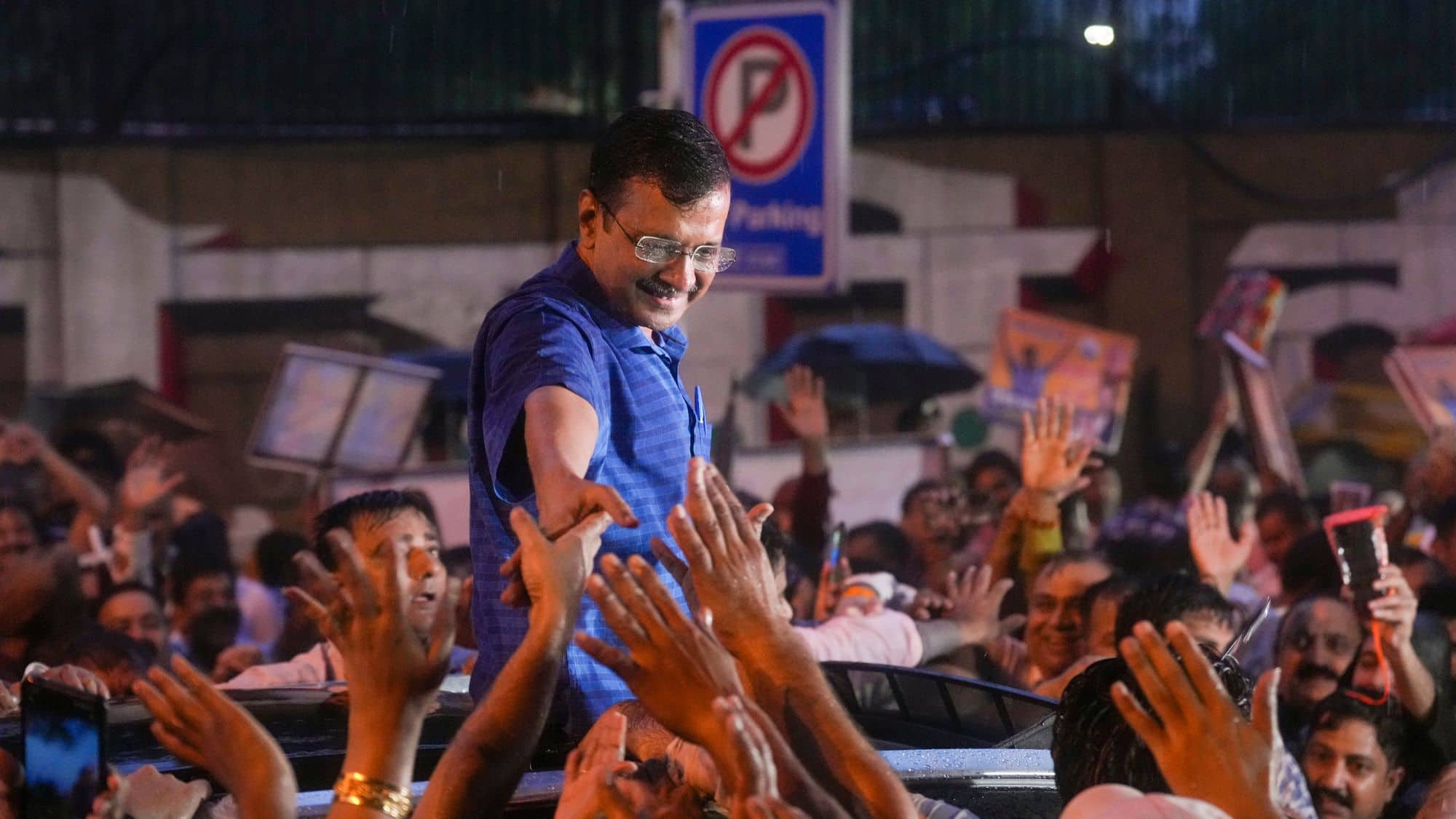Uncertain Future for Early Delhi Elections Amid Political Maneuvering
Recent discussions surrounding the timing of elections in Delhi have sparked considerable interest, particularly as Chief Minister Arvind Kejriwal has requested that elections in the capital coincide with those in Maharashtra this November. However, top officials from the Election Commission (EC) have indicated that early elections in Delhi are improbable. Despite a new chief minister being expected to take office on Tuesday, there looms the possibility of assembly dissolution, which could lead to a push for early elections following Kejriwal’s appeal.
Kejriwal’s Strategy for Sympathy Votes
Kejriwal and his party, the Aam Aadmi Party (AAP), believe that an early election could generate sympathy and support following his recent five-month incarceration related to the liquor policy case. The party is keen on maintaining visibility and relevance in public discourse as they head towards potential election preparations.
Election Commission’s Standpoint
According to reports from CNN-News18, the Election Commission has several criteria to establish the election timeline, emphasizing that no single party or government can dictate the schedule. They point out that the current government in Delhi enjoys a stable majority, which diminishes the necessity for hastily arranged elections.
Implications of Assembly Dissolution
Even if the assembly is dissolved, the Election Commission assures that there remains ample time before elections need to be held. A caretaker chief minister can manage the state’s administrative affairs until elections take place. The timeline is further informed by the last date for the release of the updated voter list, which is set for January 6, making it impractical to schedule elections before that cutoff.
Security Considerations in Concurrent Elections
Another critical factor affecting the timing of Delhi elections is the simultaneous polling in Maharashtra and Jharkhand. Election authorities emphasize that this could strain security forces, particularly in sensitive areas like Gadchiroli in Maharashtra, where Naxalite activity poses substantial threats. Jharkhand similarly faces security challenges linked to Maoist insurgency, placing these states as higher priorities for election security management.
Tenure of Caretaker Government
There are no strict regulations governing the tenure of a caretaker chief minister; however, it is generally expected to last for at least three months pending elections. In extreme cases, the central government might declare that elections cannot occur as scheduled, leading to the imposition of President’s Rule. Nonetheless, government and EC sources have clarified that currently, the plan is to hold Delhi elections as originally scheduled.
Conclusion
As the political landscape in Delhi evolves, the call for early elections poses both opportunities and challenges for Chief Minister Arvind Kejriwal and the AAP. The Election Commission’s determination to maintain order and stability in the election process indicates that while the political ambitions may exist, practical realities coupled with security imperatives will play a significant role in shaping the timing and structure of forthcoming elections in Delhi.












